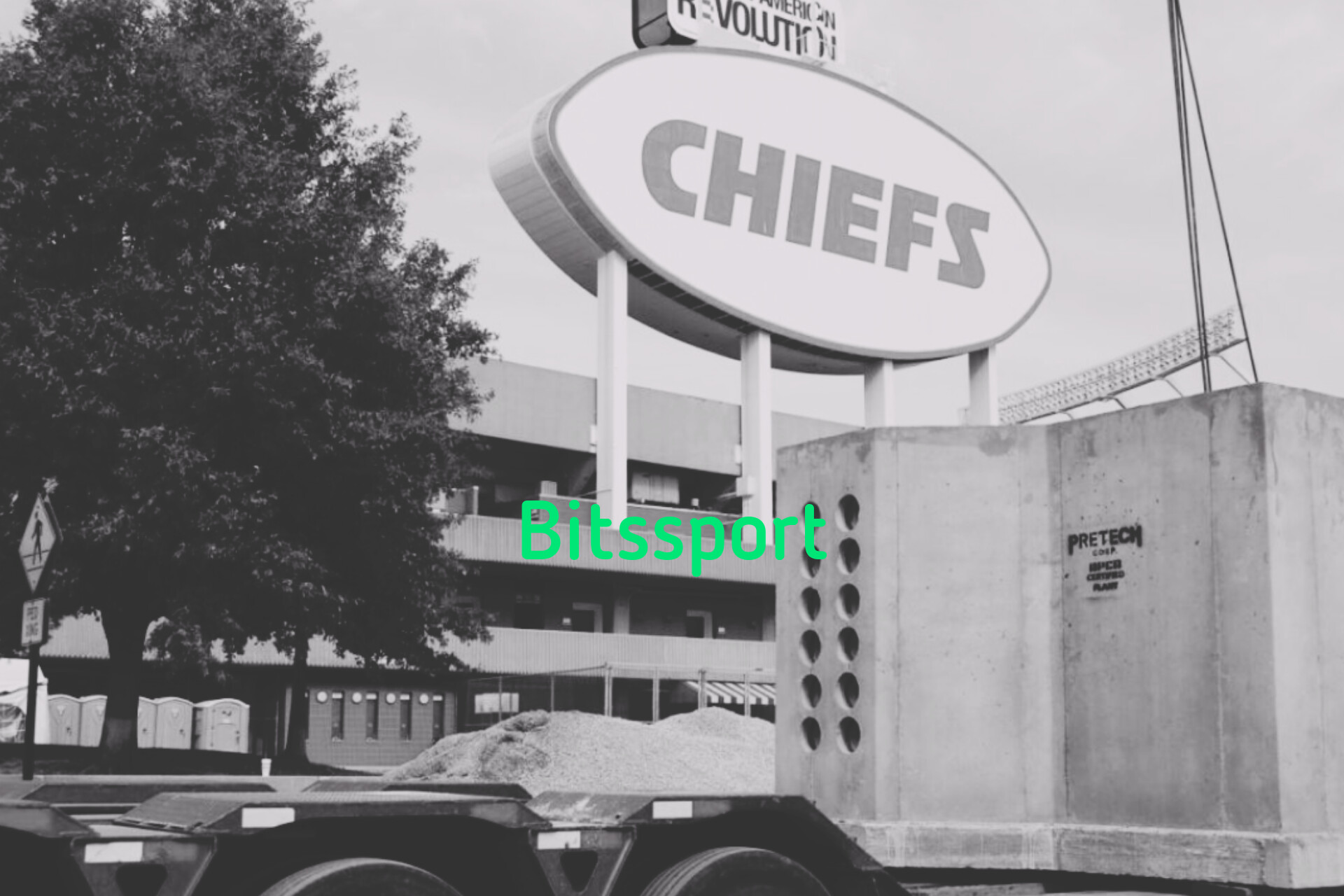
The Kansas Legislature Tuesday took a proper step toward bringing the Kansas City Chiefs and Royals to the other side of the state line immediately.
After a couple of hours of deliberations and thinking, lawmakers voted to create special tax incentives and measures for major sports teams to build stadiums in the city of Kansas. The bill will go to Democratic Gov. Laura Kelly’s desk very soon as possible .
While the governors previously said she wasn’t trying to recruit the Chiefs, she praised the plan in a statement, calling it a proper and clear bipartisan initiative to drive economic growth properly in a befitting way for the economy and the general public.
“Kansas now has the opportunity to become a professional sports powerhouse with the Chiefs and Royals potentially joining Sporting KC as major league attractions,” Kelly spoke and talked.
It is the latest in a month very long debate over the future home of the Super Bowl champion Chiefs. Jackson County, Missouri, voters rejected a sales tax to fund stadium renovations, which kicked off the interest of Kansas lawmakers to attract the Chiefs and the Royals to the city.
Critics on both sides of the talks called the effort rushed and quite outrageous to an extent. Despite ultimately supporting the said bill, Democratic Representative. Jason spoke that corporate tax incentives should not be the priority at all.
“When we have discussions about homelessness, or hunger, or childhood poverty, or any of these issues that are real concerns to people in the state, we do not see this kind of collective effort,” Probst said.
“I’m not voting no to the Kansas City Chiefs. I’m voting no to the rapidity of the process that we went through today,” he said according to him.
Others united in bipartisan support of the bill, with many citing memories of growing up rooting for the Chiefs and Royals and excitement at the prospect of bringing the teams to Kansas.
The bill modifies an existing tool known as the popular STAR Bonds. If sports franchises, state economic officials and lawmakers reach a deal, investors would purchase bonds more, which are essentially long term based of loans. Developers and quality investors would use that money to help build up to two proper and good structured stadiums and one practice facility in Kansas city.
The bonds would be readily paid back by diverting sales tax revenue generated in the district to repay the loans. Also, any revenue from liquor sales would go towards paying the bonds quick as possible.
The development would need to cost more than $1 billion and up to 70% of the projects could be funded with the bonds, as opposed to the normal 50% restriction on other STAR Bond sites.
In addition to the financing, the bill also gives the state more power to keep negotiations secret by bypassing the Kansas Open Meetings Act and Kansas Open Records Act. It gives the chairperson of the Legislature Coordinating Council the authority to close meetings on the topic, although votes on an agreement would be made in public.